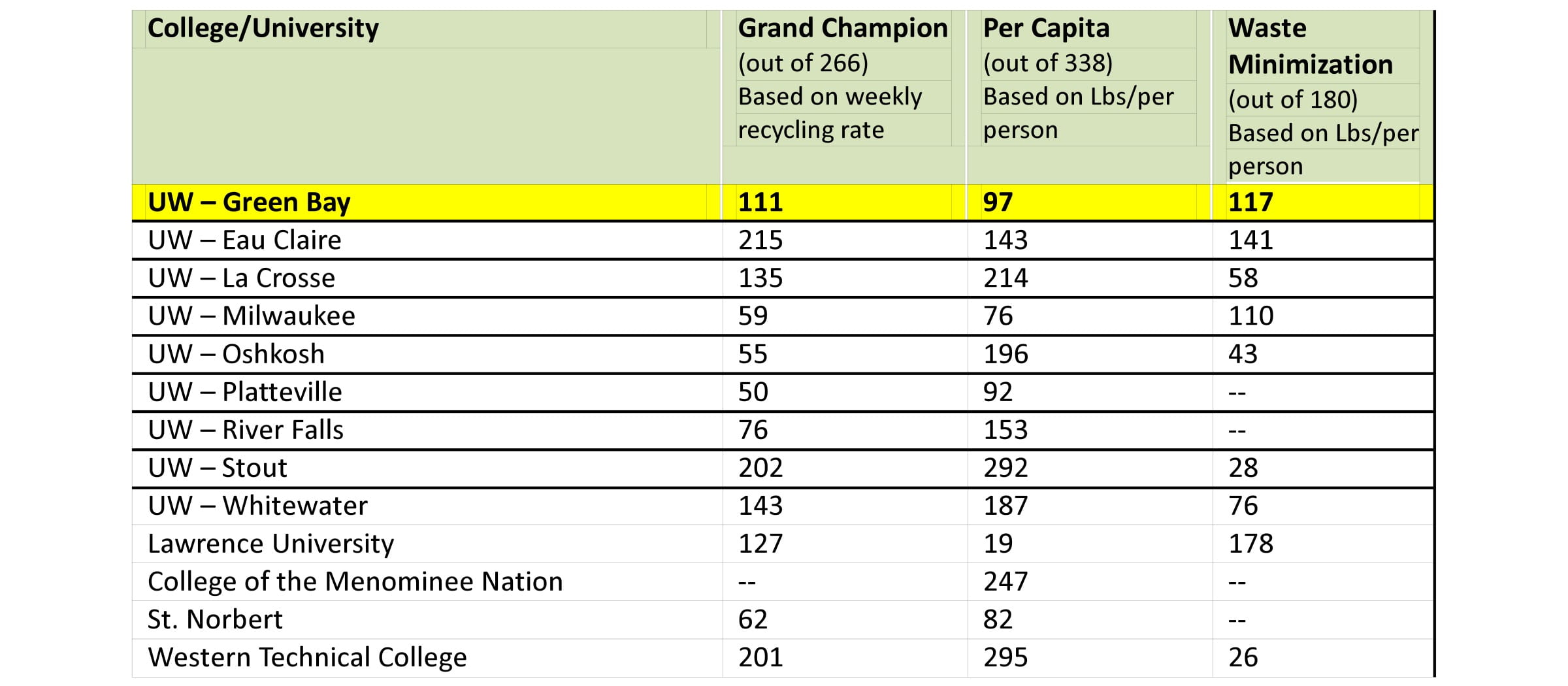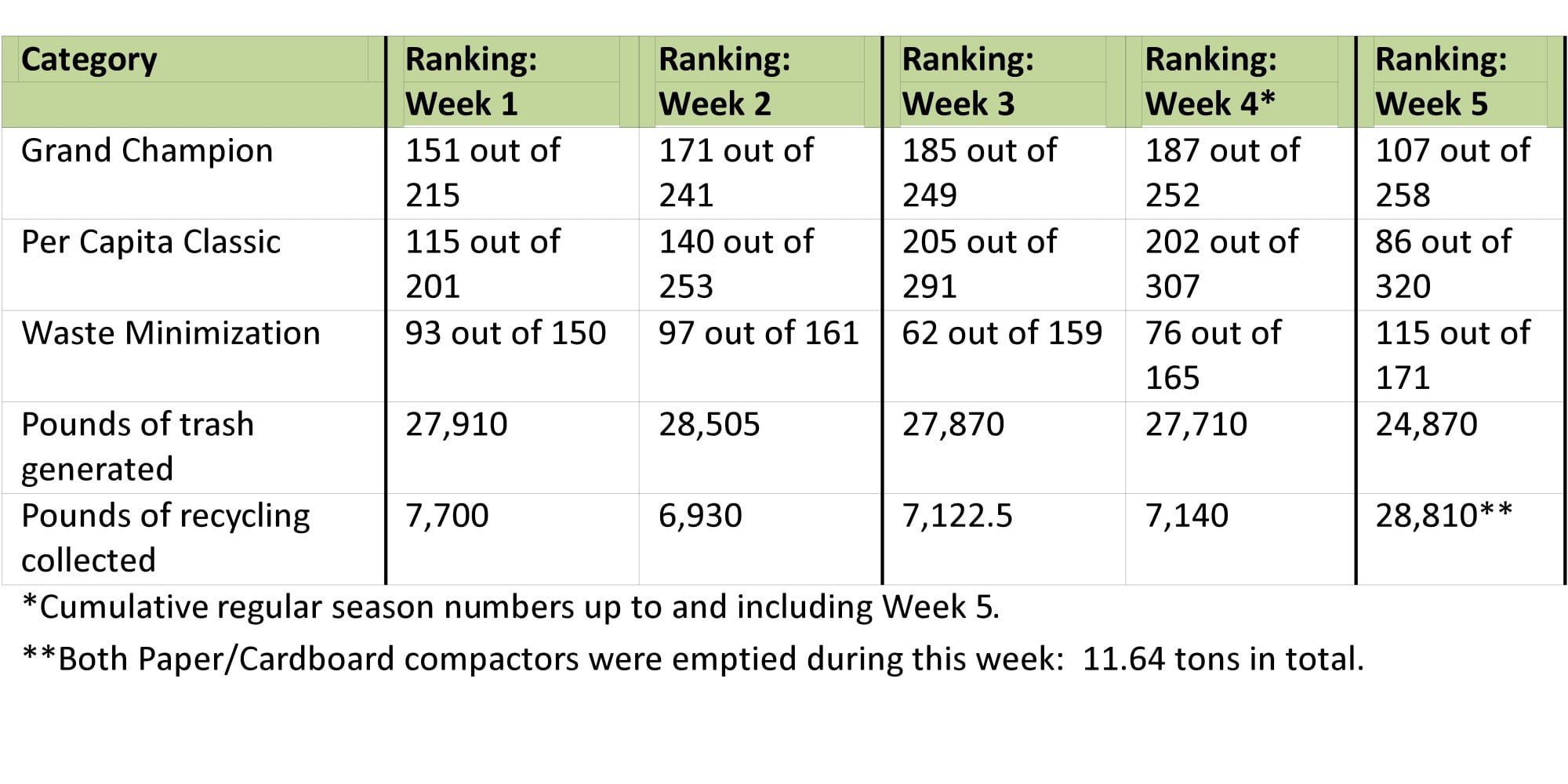Interesting article by Martha Irvine, Associate Press National Writer…
“They have a reputation for being environmentally minded do-gooders. But an academic analysis of surveys spanning more than 40 years has found that today’s young Americans are less interested in the environment and in conserving resources – and often less civic-minded overall – than their elders were when they were young.
The findings go against the widespread belief that environmental issues have hit home wih today’s young adults, known as Millennials, who have grown up amid climate change discussion and the mantra ‘reduce, reuse, recycle.’ The environment is often listed among top concerns for young voters.
‘I was shocked ,’ said Jean Twenge, a psychology professor at San Diego State University who is one of the study’s authors. ‘We have the perception that we’re getting through to people. But at least compared to previous eras, we’re not.’
Twenge, author of the book, “Generation Me: Why Today’s Young Americans Are More Confident, Assertive, Entitled – and More Miserable Than Ever Before,” has spent much of her career publishing work that challenges or attempts to explain commonly held beliefs about young people.
This study, published online this month in the Journal of Personality and Social Psychology, looked at the life goals, concern for others and civic orientation of three young generations – baby boomers, Gen Xers and Millennials.
Based on two longstanding national surveys of high school seniors and college freshmen, Twenge and her colleagues found a decline, over the last four decades, in young people’s trust in others, their interest in government and the time they said they spent thinking about social problems.
Steepest of all was a steady decline in concern about the environment, and taking personal action to save it.
Researches found that, when surveyed decades ago, about a third of young baby boomers said it was important to become personally involved in programs to clean up the environment. In comparison, only a about a quarter of young Gen Xers – and 21 percent of Millennials – said the same.
Meanwhile, 15 percent of Millennials said they had made no effort to help the environment, compared with 8 percent of young Gen Xers and 5 percent of young baby boomers.
Millennials also were the least likely to say they’d made an effort to conserve electricity and fuel used to heat their homes.
In the case of heating fuel, 78 percent of young baby boomers and 71 percent of young Gen Xers said they cut back, compared with 56 percent of Millennials.
It is important to note that most of the survey data available for Millennials was collected before the country’s most recent recession hit.
Even so, those working in the environmental field – including some Millennials themselves – aren’t that surprised by the findings.”
The article continues HERE.
Are you surprised by these findings?? Add a comment…
To read the full scientific article in the Journal of Personality and Social Psychology CLICK HERE.
 Have an old CPU, dead laptop, antique scanner or anything with a plug gathering dust in your dorm room or at home? Faculty, staff and students have an opportunity on April 23, 10:30 – 2:30 p.m., to bring those old electronics in for recycling by local company Cyber Green (http://www.cybergreenllc.com/). The event will be held in the MAC Circle, off of Campus Ct., with students available to help you haul things, if needed. Only four items have fees for disposal and they are: CRT/Monitors, $10; TVs, $10; TVs over 30”, $20; Console TVs, $20. Anything else with a plug can be recycled at no cost.
Have an old CPU, dead laptop, antique scanner or anything with a plug gathering dust in your dorm room or at home? Faculty, staff and students have an opportunity on April 23, 10:30 – 2:30 p.m., to bring those old electronics in for recycling by local company Cyber Green (http://www.cybergreenllc.com/). The event will be held in the MAC Circle, off of Campus Ct., with students available to help you haul things, if needed. Only four items have fees for disposal and they are: CRT/Monitors, $10; TVs, $10; TVs over 30”, $20; Console TVs, $20. Anything else with a plug can be recycled at no cost. 









